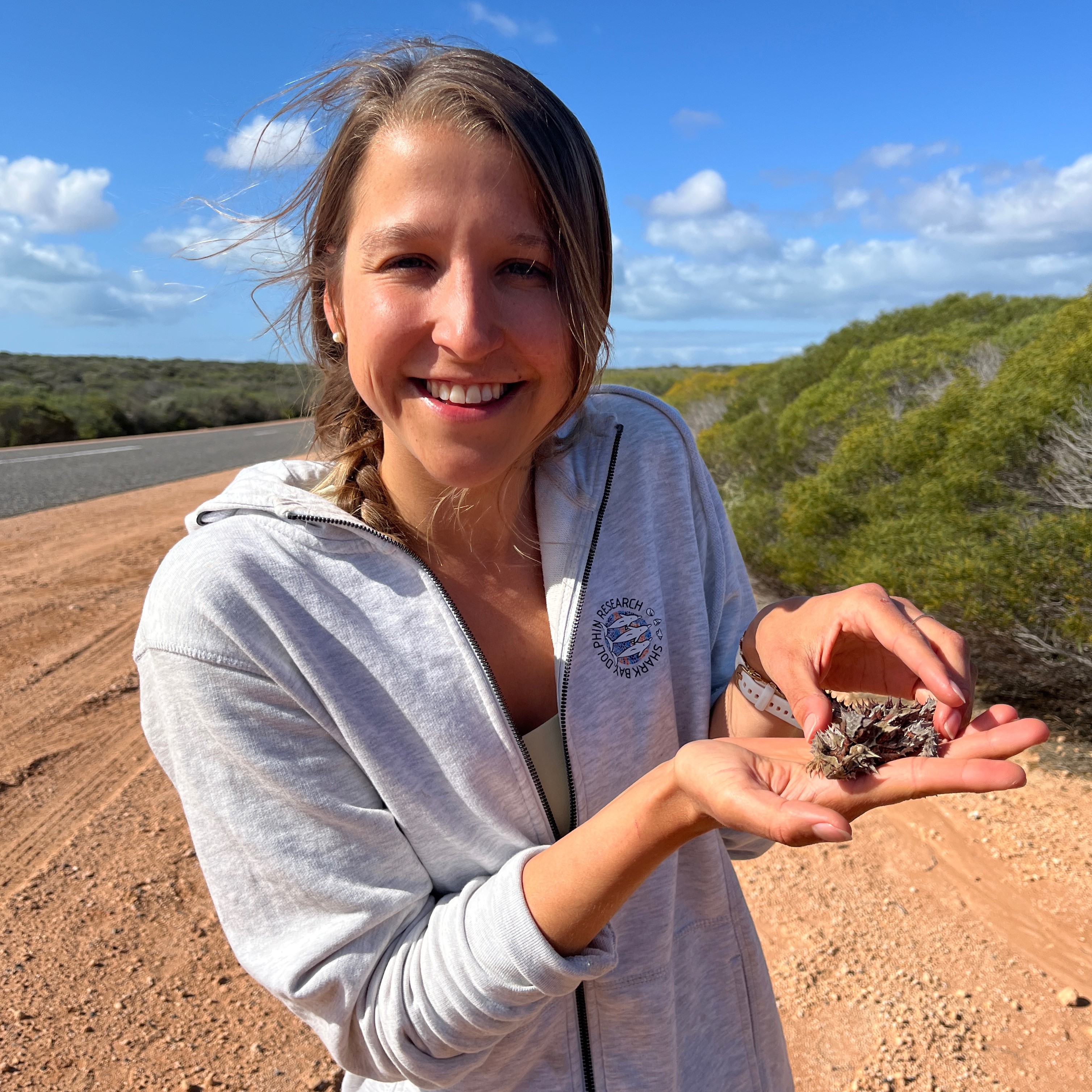
Navigation auf uzh.ch
Navigation auf uzh.ch


Marine ecosystems are particularly susceptible to extreme climatic events. It is therefore extremely timely and important to improve our understanding of the relationship between marine organisms and their rapidly changing environments. We can do this by investigating how organisms have adapted to past environmental heterogeneity and to what degree their current genetic diversity will allow them to adapt to future environmental changes. Bottlenose dolphins (Tursiops sp.) are among the best-studied cetacean species and marine predators and they are used as sentinels of coastal ecological processes worldwide. By integrating large-scale environmental variables suggested to be agents of local adaptation in dolphins with high quality genomic data generated from tissue samples that we obtain using a specifically developed remote-biopsy rifle, my PhD project aims to assess the relationship between genomic and environmental variation and identify environmental factors and physiological processes that are putatively affecting adaptation along the seascape of (Western) Australia.
My project seeks to combine and compare different genome-environment association analysis (GEA) approaches as well as genome sequencing strategies (reduced-representation vs. whole-genome sequencing) to potentially inform the choice of methodological procedures in the seascape genomics framework.
Both, neutral and adaptive processes are important aspects to consider when investigating species- and population-level genetic differentiation. Thus, understanding the population demographic history of a species is crucial to draw conclusions about potential past and current selection pressures and to uncover the genetic basis of local adaptation. In my first chapter, I use reduced-representation sequencing (ddRAD) data with a combination of population genomics, demographic modelling and genome-environment-association (GEA) analyses to illuminate population demographic history and look for signs of adaptive differentiation in Tursiops aduncus along the western Australian coastline.
Reduced-representation approaches only assess small parts of the genome. The distribution of polymorphisms along the chromosomes obtained via whole genome sequencing (WGS) allows inference of past population demographic events and estimation of genome-wide signatures of positive selection. Studies comparing how results of genetic differentiation or detection of adaptation vary between reduced-representation and whole genome sequencing technologies applied to the same study system are extremely valuable, albeit rare. In my second chapter, I will utilize WGS to examine population structure and demographic history of bottlenose dolphins from the West and East coast of Australia and perform genome-environment association analyses to detect genetic variants under selection. By identifying genes within or associated with potentially adaptive genomic regions, I will gain a better understanding of the physiological basis of local adaptation potentially occurring in these marine apex-predators.
Given predicted further increases in severity and duration of marine heatwaves on both regional and global scales, it is crucial not only to investigate the current adaptive potential of a given species, but also to model how environmental change will impact population genomic structure in coastal dolphins. Thus, my third chapter aims to forecast how climate change may impact pattern of genomic differentiation. I will attempt to project population genetic structure change in response to climate change by using the established contemporary pattern of genomic differentiation in these cetaceans and ultimately explore the distribution of locally adapted variation under different climate scenarios.
| Since 2021 |
PhD candidate, Department of Evolutionary Anthropology, University of Zurich |
|
2019/2020 |
MSc Biology (2019) with minor in Bioinformatics (2020) MSc thesis: Using social network analysis to investigate association patterns and community structure of female Indo-Pacific bottlenose dolphins (Tursiops aduncus) |
| 2017 | BSc Biology |